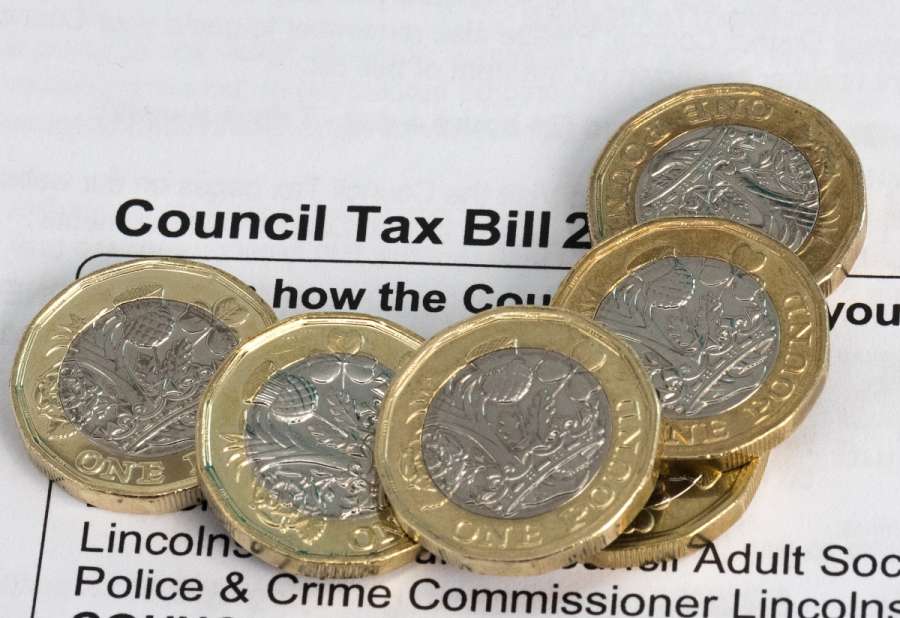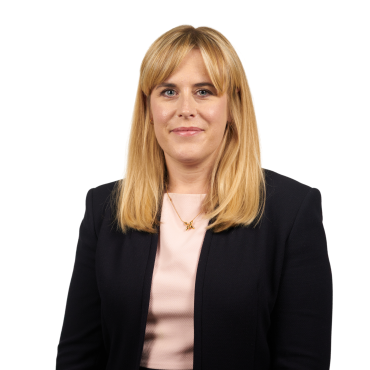In addition to readjusting to independent financial living, you will also have the extra cost of legal fees for the divorce. If you cannot afford the legal fees, there are options available to help ease the financial burden:
Legal Services Payment Order
You can make a court application for a Legal Services Payment Order (LSPO) in certain circumstances. If ordered, this would mean that your spouse or civil partner would have to pay your legal fees or contribute to them.
LSPO’s are usually seen as a last resort, and it would have to be shown that you have tried to obtain funds in another way first, such as by borrowing.
Litigation Funding
One way to borrow money to pay your legal fees is through a litigation funding provider.
This is something that can be considered early in your case and even before court proceedings are issued.
At Myerson, we can consider litigation funding with a third-party provider.
These loans carry interest, and the interest on the amount borrowed can be paid by you either monthly or rolled over to the final payment, depending on the provider.
The loan is entirely repayable at the end of the case or within a certain time frame, whichever is the earliest date.
Please note that litigation funding is not available for disputes relating to children unless there are concurrent financial issues and sufficient capital assets available to repay the loan at the end of the case.
This option may not be recommended if limited financial resources are available following the divorce, as the litigation loan will be another amount you will be required to pay.

















